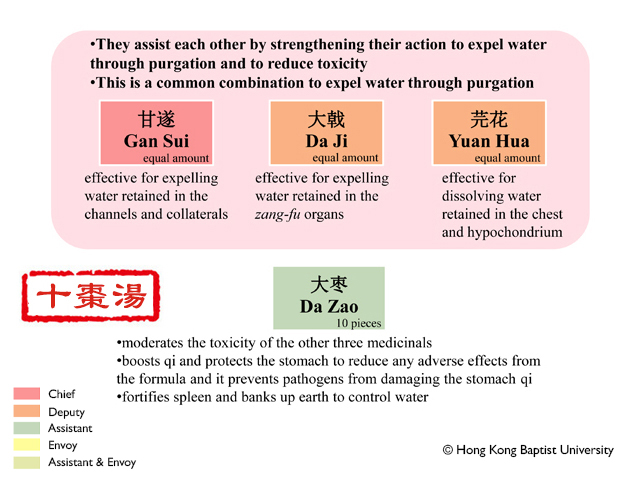Lilac Daphe Flower Bud
Genkwa Flos
Functions:Drains water, expels rheum, resolves toxin, kills worms. Apply to edema, chest and abdomen dropsy, phlegm rheum accumulation, inverse qi with cough and panting, difficulty in urination and defecation, externally use to furuncles and ulcers and bald sore, chilblain. Root bark: eliminates swelling, resolve toxin, invigorates blood, and relieves pain. Apply to acute mastitis, Carbuncle furuncle swelling toxin, lymph node tuberculosis, ascites, rheumatic pain, toothache, injury from falls.
